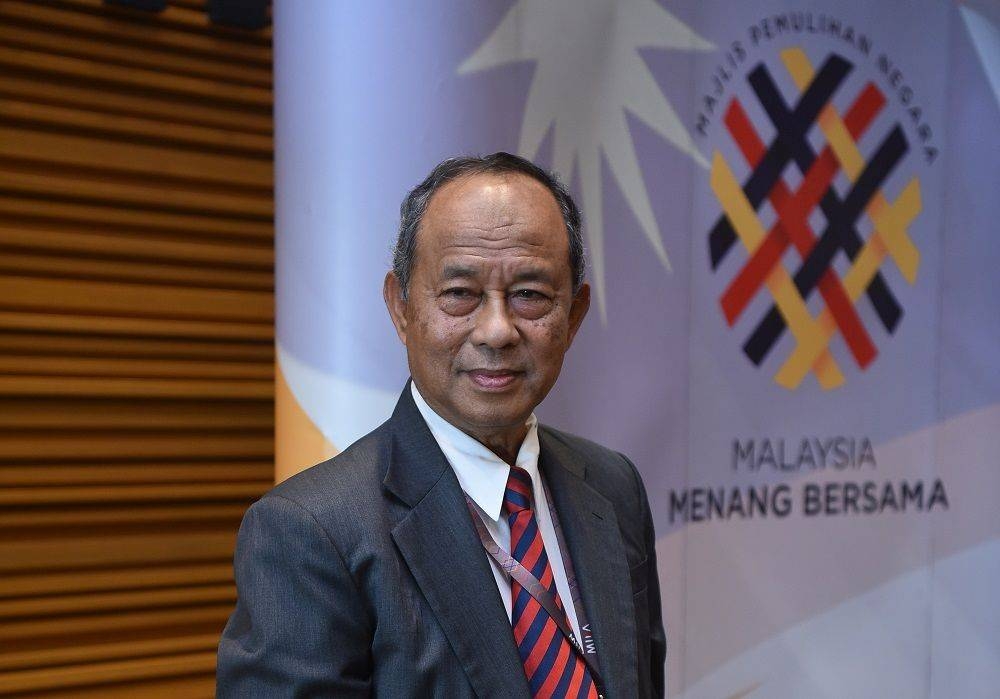KUALA LUMPUR, Nov 1 — Malaysia might not have been able to navigate its way out of the Covid-19 pandemic so quickly if not for the proactive recommendations made to the government by the National Recovery Council (NRC).
In an interview recently, NRC chief executive Tan Sri Sulaiman Mahbob recounted the urgent and immediate recommendations concerning public healthcare that were submitted to the Cabinet, many of which were successfully executed.
“The first part (of our recommendations) was based on public health and all of them were carried out.
“We also managed to have all Malaysians inoculated twice (through the national vaccination programme) and that was very successful as well,” he said when asked about which proposals made the most impact to date.
Explaining further, Sulaiman said the first part comprised recommendations under the National Recovery Plan (NRP) which was announced back in June 2021.
Sulaiman added that other impactful NRC proposals which had been successfully put into action by the government include the reopening of the economy domestically and international borders which, too, fell under the NRP.

Subsequent to the successful implementation of proposals concerning public healthcare, Sulaiman said recommendations concerning small and medium enterprises (SMEs) were also drafted to assist those whose businesses were badly affected financially.
“SMEs are our buffer against international ‘shocks’. Special attention must be given to them by the government. You cannot write them off as they are mostly affected as well,” he said.
He noted that four of the most labour intensive sectors were badly hit during the pandemic as international borders closed to curb the spread of the pandemic, namely the manufacturing, construction, tourism and retail services — many of which were populated by local SMEs.
“Our Gross Domestic Product (GDP) has increased and we can indeed observe an ongoing economic recovery process but we do wish for it to be sustainable and further strengthened.
“Apart from investments, trade is important to us as Malaysia is a trading nation,” Sulaiman said, adding that Malaysia is a country where international trade such as imports and exports make up a large percentage of its economy.
As for the breakdown of their proposals’ status, Sulaiman said out of a total 69, 16 have been successfully implemented, 30 in the midst of execution, 14 yet to be executed and nine awaiting the Cabinet’s approval.
With the country’s economy progressively attaining a sense of normalcy, Sulaiman stressed it is a collective effort by all in order for NRC to successfully implement its NRP 2.0.
However, Sulaiman also pointed out the government’s shortcomings such as the lack of urgency in dealing with the lack of foreign labour in the country — an issue another fellow council member and NRC chairman, Tan Sri Muhyiddin Yassin, has raised previously.
On this, Sulaiman hopes the Home Ministry and the Human Resources Ministry will look into the matter as further impediments could disrupt the existing supply chain sector and economic performance of the country.
Established on July 21 last year, the NRC is chaired by Muhyiddin. It comprises senior ministers, ministers, senior government officials, Opposition party representatives as well as economic, social and health experts.
The NRC’s main objective is to ensure every NRP can be achieved in a safe, orderly and inclusive manner for the wellbeing of Malaysians.
The council is refining NRP 2.0 to ensure the economy recovers, with a focus on people and sectors most affected by the pandemic, namely B40 households and SMEs.



















